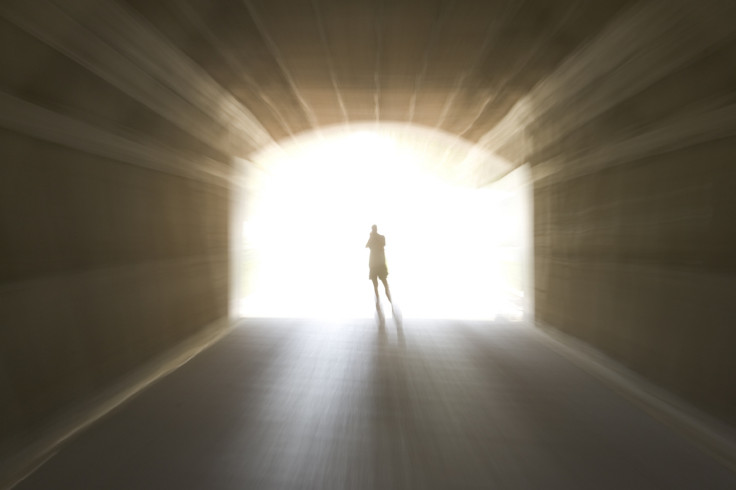The science of ghost hunting: Parapsychology 'will eventually disappear'

The science of studying the paranormal will eventually disappear, with spooky experiences being explained through neuroscience and psychology, an expert has said.
Parapsychologist Caroline Watt has been studying ghosts, precognition and extrasensory perception (ESP) for the last 30 years.
In an interview with New Scientist, she said she initially entered the field because she wanted to understand what lies behind paranormal experiences people report.
Most often, she said people report experiences of ESP – like knowing someone is going to call before answering – or dreaming about an event from the future, which she has recently finished a study on: "Our research found no evidence that people's dreams predict the future," she said.
Explaining why people believe their dreams have predicted the future, she said: "Over time, and particularly if you believe in the paranormal, you would attend to those dreams, and that leads to the feeling you're having lots of precognitive dreams.
"A normal psychological explanation is that you are selectively remembering dreams that seem to correspond to subsequent events and forgetting the dreams that don't. But little research has been conducted on precognitive dreaming, so it is too early to say we fully understand what causes these experiences."
Watt has also studied the psychology behind ghost experiences, visiting 'haunted' places like Hampton Court Palace and the underground vaults in Edinburgh.
"We built a map of the ghostly hotspots, and then we took physical measurements, such as the light level, draughts, temperature, humidity and so on, and tried to find if there were any physical factors that might be leading people to have strange experiences. We found that aspects of the physical environment were associated with people's spooky experiences."
The study into paranormal experiences is becoming ever popular. Just last year, scientists found that feeling the presence of another being in a room is a trick of the mind resulting from the alteration of sensorimotor brain signals that are involved in self-awareness, for example.
Watt describes herself as a materialist. She believes paranormal experiences can be explained, but "there may not be a single explanation".
In terms of the future of the study, she said: "I think parapsychology will probably disappear – we'll ultimately integrate it with neuroscience and psychology. Even if we find that there is some paranormal experience that cannot currently be understood by physics, I would expect that it could become integrated so that we can make sense of these experiences in physical terms."
© Copyright IBTimes 2025. All rights reserved.






















